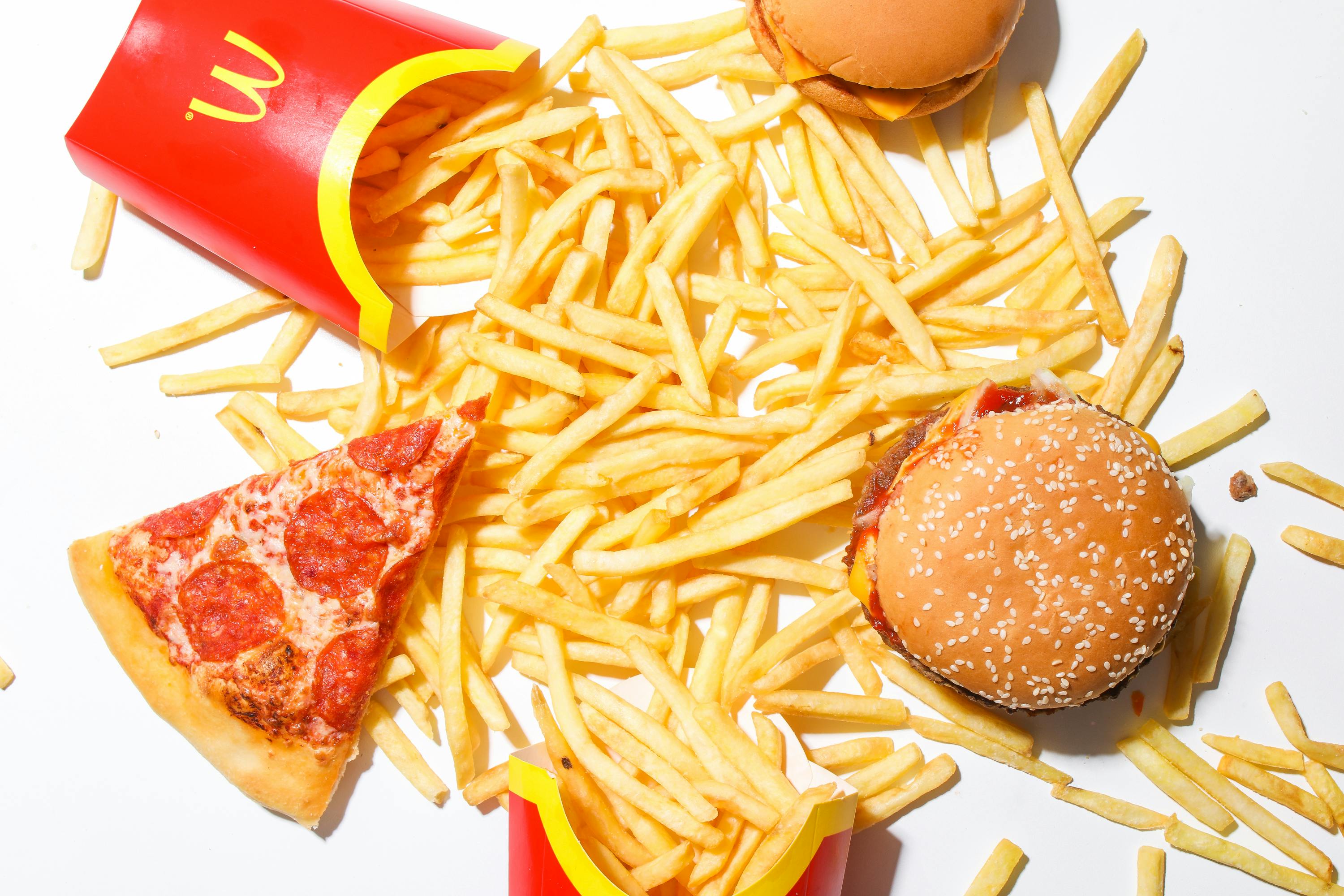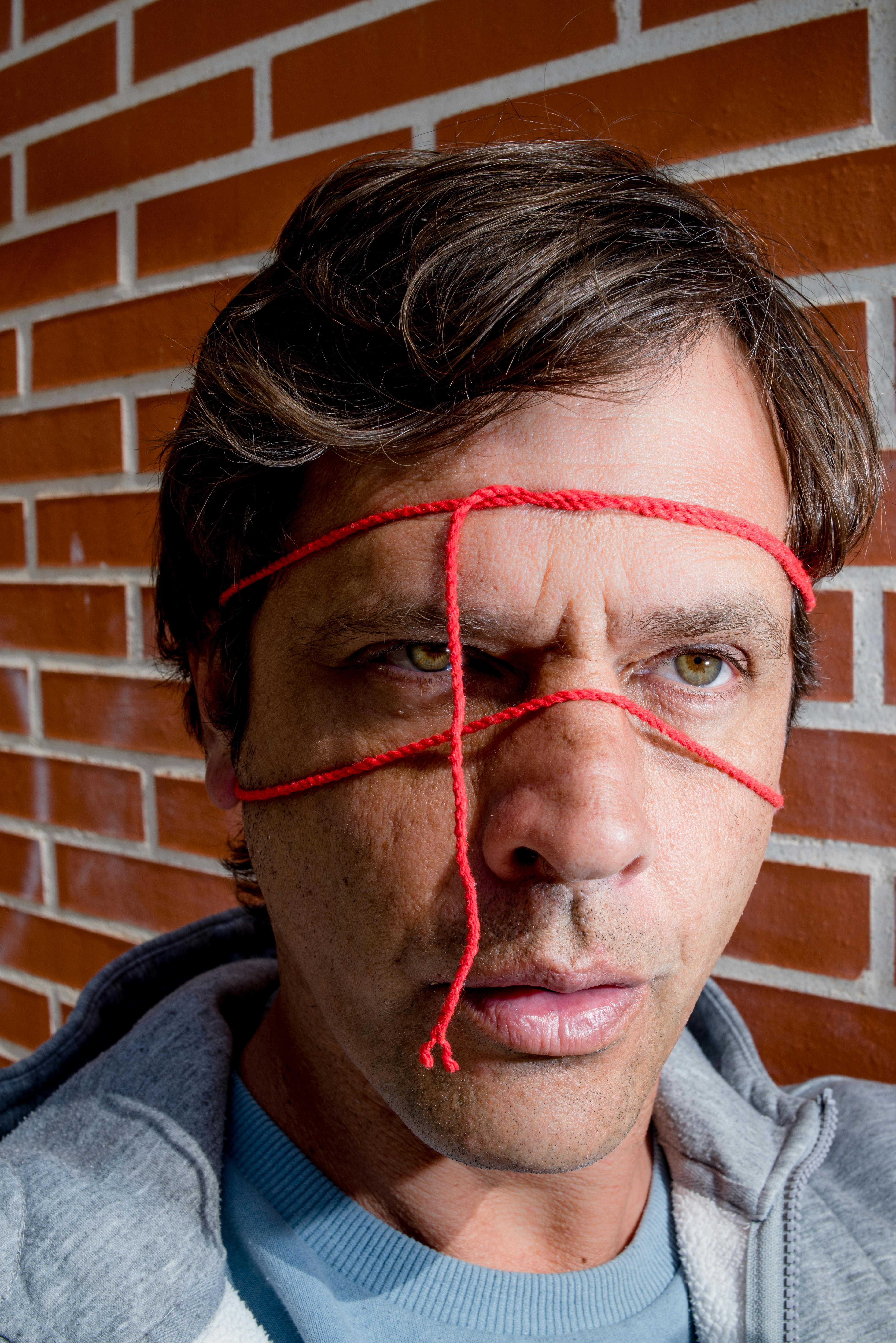
How to Properly Dispose of Old Pills: Essential Tips for Safe Practices in 2025

As we move further into 2025, the importance of **safe pill disposal** cannot be overstated. The **environmental impact of drug disposal** and the potential hazards associated with improperly discarded medications pose great risks. In this guide, we will explore various methods and best practices for **disposing of prescription drugs** and **old medication disposal strategies** to ensure you’re doing it safely and responsibly.
Understanding the Need for Responsible Drug Disposal
Improper medication disposal has serious consequences. **Expired medications** can be harmful to both humans and the environment, leading to potential **water pollution from drugs** and toxicity in local ecosystems. Understanding the implications of **improper drug disposal** is crucial for every household, especially when considering community health and safety. Utilizing **community health resources** and educational platforms can elevate public awareness around the risks of dumping medications in landfills or flushing them down the toilet.
Environmental Impact of Drug Disposal
The environmental concern surrounding the disposal of medications emphasizes the need for proper techniques. Medications that enter the water system can disrupt aquatic life, leading to a cascade of negative effects. As a responsible citizen, being aware of **local disposal regulations** is imperative, as improper disposal can lead to **toxic waste management** issues. Engaging with organizations promoting **eco-friendly drug disposal** practices not only protects the community but also promotes sustainability initiatives.
Impacts on Public Health
The effect improper disposal has on public health is significant. **Health department medication disposal** guidelines often highlight that flushing medications can result in liabilities if compounds remain in the water supply. Participating in **public health initiatives** aimed at responsible disposal can actively reduce the risk of **over-the-counter drugs disposal** accidents. Communities must work together to raise awareness about these practices and their benefits, potentially leading to a reduction in pharmaceutical waste.
Methods of Safe Disposal
A variety of safe disposal methods can ensure drugs do not harm our environment. The most effective options include **prescription drug take-back programs** and **mail-back medication programs**. Pharmacies often host **drug take-back events**, which allows people to bring in their unused medications conveniently. These events draw attention to the issue of **pharmaceutical waste disposal** and encourage the community to participate in responsible drug disposal.
Top Strategies for Disposing of Old Pills Effectively
Understanding techniques for **how to dispose of medications** can make for a smooth and effective disposal process. Here, we delve deeper into **old pills disposal methods** that can be implemented by anyone to ensure a safer community.
Utilizing Community Drug Take-Back Programs
**Community drug take-back programs** are a sustainable and effective way to handle unused medications. These events, often organized by local health departments or pharmacies, provide residents with an opportunity to dispose of their medications without fear of legal or environmental repercussions. Participation can help replenish community efforts toward better **medication recycling programs**, allowing everyone to take part in better pharmaceutical management.
Home Disposal Options
If take-back options are unavailable, there are home methods defined for **disposing of expired medications** safely. For most medications, mix them with undesirable substances like cat litter or coffee grounds, seal them in a container, and dispose of them with household trash. Remember to scratch out personal information on any containers to protect your privacy. Understanding **efficient medication removal methods** ensures that while at home, you are not contributing to potential hazards.
Flushing Pills: What You Need to Know
Though not all medications can be flushed down the toilet, certain drugs, particularly those categorized as hazardous, may be provided with specific guidance to do so. Always check the **EPA medication disposal guidelines** for proper instruction. Using this method for only the medications designated for flushing can significantly decrease the likelihood of misuse or accidental ingestion.
Resources for Safe Pill Disposal
Ensuring awareness around resources available for **personal and community medication disposal** is essential. Knowing where to turn for support can enhance efforts in maintaining safe practices.
Pharmacy Resources
Your local pharmacy can be an invaluable resource when it comes to **pharmacy medication take-back** initiatives. Many pharmacies offer disposal options and can inform customers about related **drug drop-off locations**. Furthermore, pharmacists can provide guidance on **family drug disposal tips** for household safety.
Utilizing Health Department Services
Your local health department often collaborates in organizing occasional drug take-back events. These events promote **safe disposal locations** and provide comprehensive information on maximizing community participation. Regular check-ins with your health department allow you to stay informed about upcoming initiatives that encourage safe and sound medication disposal practices.
Online Resources
In 2025, resources like **community health websites** offer a plethora of information on responsible drug disposal. Search for **environmental health and safety** programs in your region that focus on finding proper disposal methods, like **community outreach on drug disposal** and **public awareness on drug disposal**. These databases can help identify local events or services to improve your disposal practices.
Key Takeaways
- Understand the risks and **environmental impact of drug disposal**.
- Utilize **community drug take-back** and **mail-back programs** for safe disposal.
- Adhere to **EPA medication disposal guidelines** when considering flushing options.
- Engage local pharmacies and health departments for support and resources.
- Stay informed through **online resources** for effective disposal practices.
FAQ
1. What are some alternatives for safe disposal of pills?
Some alternatives include taking part in **drug take-back events**, utilizing **mail-back medication programs**, and safely mixing medications with undesirable substances at home before discarding them. Always ensure to check local regulations regarding disposal methods to avoid any potential legal implications.
2. What should I do with pills that can't be thrown away or flushed?
If specific medications cannot be disposed of through traditional means, consult the drug’s information guide for any recommended alternatives. Many places usually provide specialized services for **medication disposal** for hazardous drugs, facilitating **safe disposal techniques**.
3. Why is it important to avoid flushing medications?
Flushing medications can lead to **water pollution from drugs**, impacting aquatic life and contaminating drinking water supplies. This is why following the **EPA medication disposal** guidelines for what can and cannot be flushed is essential for protecting both public health and the environment.
4. Are there specific guidelines for **disposing of expired medications**?
Expired medications should ideally be returned to take-back sessions or disposed of through household trash when mixed with unpalatable substances. Check health department resources for any specific guidance on disposal based on the drug type.
5. How can I educate others on responsible disposal methods?
You can share information through community groups, social media platforms, or local events focused on health and safety. Showcase resources that illustrate the importance of **environmental health and safety** to raise awareness regarding **safe disposal alternatives** within your connect community.